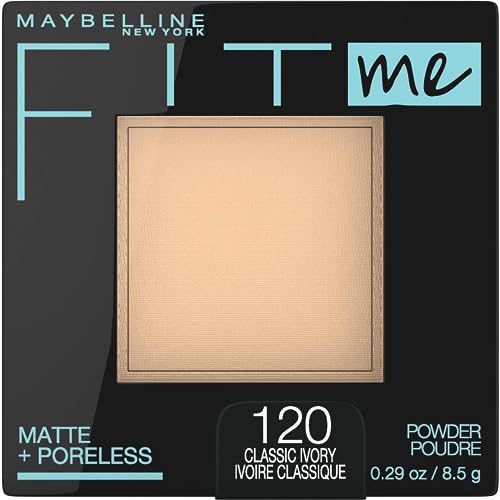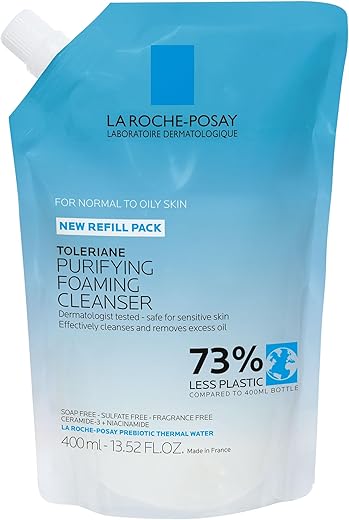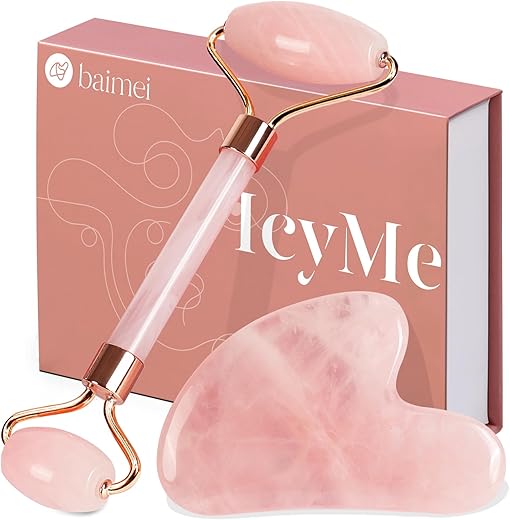
Are there any side effects of using face anti-acne cream?
If you’ve ever dealt with acne, you know the frustration and embarrassment it can bring. The constant battle to find a solution that works can be exhausting. That’s why face anti-acne creams have become increasingly popular. They promise clear, blemish-free skin. But have you ever wondered if there are any side effects associated with these creams? In this blog post, we’re going to delve into this topic and provide you with insights that will help you make an informed decision about using face anti-acne creams. Because we understand the desire for flawless skin without the fear of unwanted consequences.
Top-rated Acne Creams for Clear and Healthy Skin

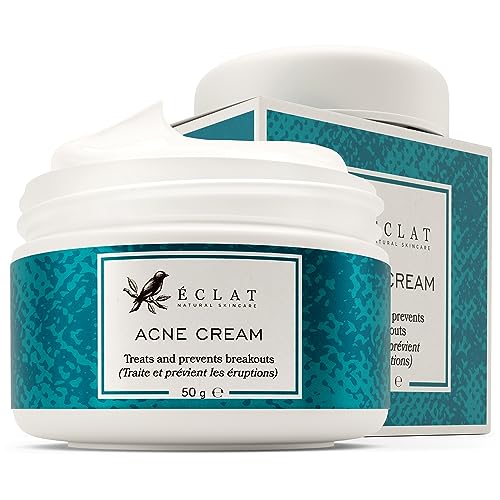




Understanding Face Anti-Acne Creams
Acne is a common skin condition that affects people of all ages. It can be frustrating and even detrimental to one’s self-esteem. Fortunately, there are various treatments available, and one of the most popular options is face anti-acne creams. In this blog section, we will delve into the world of anti-acne creams, exploring how they work and their primary purpose in treating acne. By understanding the mechanism behind these creams, we can better evaluate their potential side effects.

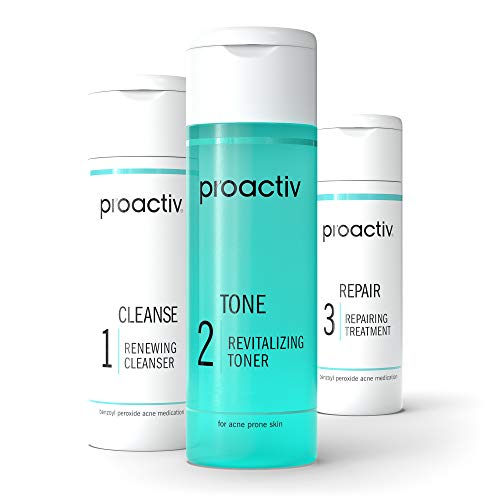

How do face anti-acne creams work?
Face anti-acne creams work by targeting the underlying causes of acne, such as excess oil production, clogged pores, and inflammation. The active ingredients in these creams help to regulate oil production, unclog pores, and reduce inflammation, thereby combating acne breakouts. Let’s take a closer look at how these creams achieve these effects:
- Regulating oil production: Excess sebum production is a major contributor to acne. Face anti-acne creams often contain ingredients like salicylic acid or benzoyl peroxide, which help to regulate oil production and prevent the formation of clogged pores.
- Unclogging pores: Clogged pores are a breeding ground for acne-causing bacteria. Anti-acne creams typically contain ingredients like retinol or alpha-hydroxy acids (AHAs), which work to exfoliate the skin and unclog pores, reducing the formation of blackheads and whiteheads.
- Reducing inflammation: Inflamed acne lesions can be painful and unsightly. Many anti-acne creams incorporate ingredients like tea tree oil or niacinamide, which have anti-inflammatory properties. These ingredients help to calm down redness and swelling associated with acne breakouts.
Primary purpose of face anti-acne creams
The primary purpose of face anti-acne creams is to treat and prevent acne breakouts. These creams aim to:
- Reduce excess oil production
- Unclog pores
- Prevent the formation of new acne lesions
- Reduce inflammation
- Minimize the appearance of existing acne scars
Evaluating potential side effects
While face anti-acne creams can be highly effective in treating acne, it is important to consider their potential side effects. Some common side effects include:
- Dryness or peeling of the skin
- Skin irritation or redness
- Increased sensitivity to sunlight
- Allergic reactions
It is crucial to follow the instructions provided by the manufacturer and consult a healthcare professional if any adverse reactions occur.
Common Side Effects
When it comes to treating acne, face anti-acne creams are a popular choice for many people. These creams often contain active ingredients that help to reduce inflammation, unclog pores, and ultimately improve the appearance of the skin. However, it is important to note that like any other skincare product, these creams can have side effects. In this section, we will explore the most common side effects reported by individuals using face anti-acne creams. By being aware of these side effects, consumers can make informed decisions about using such products.



Skin Irritation
One of the most common side effects of face anti-acne creams is skin irritation. This can manifest as redness, itching, or a burning sensation. The active ingredients in these creams can sometimes be harsh on the skin, especially for those with sensitive skin types. It is important to note that not everyone will experience skin irritation, and it may vary depending on the individual and the specific product they are using.
Dryness
Another common side effect of face anti-acne creams is dryness of the skin. This occurs because these creams often contain ingredients that help to control oil production, which can lead to a decrease in natural skin moisture. While this can be beneficial for those with oily skin, it can cause dryness and flakiness for individuals with normal or dry skin types. It is essential to moisturize the skin adequately while using these creams to minimize dryness.
Redness
In some cases, face anti-acne creams can cause redness on the skin. This can be a result of the active ingredients stimulating blood flow to the treated area. While this redness is usually temporary and diminishes over time, it can be a cause for concern for some individuals. If the redness persists or becomes severe, it is advisable to discontinue the use of the product and consult a dermatologist.
Allergic Reactions
Although rare, allergic reactions can occur when using face anti-acne creams. Ingredients like benzoyl peroxide or salicylic acid, which are commonly found in these creams, can cause allergic reactions in some individuals. Symptoms of an allergic reaction may include itching, swelling, or a rash. If any of these symptoms occur, it is important to stop using the product immediately and seek medical advice.
Rare but Serious Side Effects
Face anti-acne creams can be an effective solution for those struggling with acne-prone skin. They work by targeting the underlying causes of acne, reducing inflammation, and promoting healthy skin. However, like any medication or topical treatment, there are potential risks involved. In this blog section, we will explore the rare but serious side effects that may arise from using face anti-acne creams. By understanding these potential risks, you can make an informed decision and weigh the benefits against the potential harm.


Severe Allergic Reactions
One rare but serious side effect of face anti-acne creams is the possibility of experiencing severe allergic reactions. While these reactions are uncommon, they can be quite serious and require immediate medical attention. Some of the symptoms of a severe allergic reaction may include:
- Difficulty breathing or shortness of breath
- Swelling of the face, lips, tongue, or throat
- Hives or a rash that spreads rapidly
- Dizziness or fainting
If you experience any of these symptoms after using an anti-acne cream, it is crucial to seek medical help immediately. It is also advisable to consult with a healthcare professional before using any new skincare product, especially if you have a history of allergies or sensitive skin.
Chemical Burns
Another rare but serious side effect that can occur when using face anti-acne creams is the risk of chemical burns. These burns may result from an adverse reaction to the active ingredients present in the cream, or from improper application or excessive use. Symptoms of a chemical burn may include:
- Redness, swelling, or blistering of the skin
- Pain or a burning sensation
- Peeling or discoloration of the affected area
To avoid the risk of chemical burns, it is crucial to follow the instructions provided by the manufacturer and to use the product as directed. If you notice any signs of a chemical burn, discontinue use immediately and seek medical attention.
Long-Term Skin Damage
While rare, long-term skin damage is a potential risk associated with the use of face anti-acne creams. Prolonged use of certain ingredients or overuse of the product may lead to adverse effects on the skin, such as:
- Excessive dryness or dehydration
- Increased sensitivity or irritation
- Premature aging or the development of fine lines and wrinkles
- Discoloration or hyperpigmentation
To minimize the risk of long-term skin damage, it is important to use face anti-acne creams as directed and to follow a consistent skincare routine. Additionally, it is advisable to consult with a dermatologist to determine the most suitable treatment for your specific skin concerns.
Weighing the Benefits and Risks
When considering the use of face anti-acne creams, it is essential to weigh the potential benefits against the risks. Here are some key points to consider:
- Face anti-acne creams can effectively target the underlying causes of acne and promote clearer skin.
- Rare but serious side effects, such as severe allergic reactions, chemical burns, and long-term skin damage, may occur.
- By following the instructions provided and consulting with a healthcare professional, you can minimize the risk of experiencing these side effects.
- If you notice any adverse reactions, discontinue use immediately and seek medical attention.
Remember, the rare occurrence of these serious side effects should not discourage you from using face anti-acne creams, as they can be highly beneficial for many individuals. By understanding the risks and taking necessary precautions, you can make an informed decision about incorporating these creams into your skincare routine.
Note: This blog section is meant for informational purposes only and should not replace professional medical advice. Consult with a healthcare professional or dermatologist for personalized guidance.
Factors to Consider
When it comes to choosing the right face anti-acne cream, there are several factors that you need to consider. These factors can significantly impact the effectiveness of the cream and the overall health of your skin. In this blog post, we will provide a comprehensive list of factors that you should take into account before incorporating any face anti-acne cream into your skincare routine.

1. Skin Type
Understanding your skin type is crucial when selecting an anti-acne cream. Different skin types require different formulations to effectively combat acne. Here are the common skin types and the recommended ingredients for each:
- Oily skin: Look for creams that contain salicylic acid or benzoyl peroxide to control excess oil production and unclog pores.
- Dry skin: Opt for creams with hydrating ingredients such as hyaluronic acid or glycerin to ensure proper moisturization while treating acne.
- Combination skin: Consider creams that target both oily and dry areas of the skin, such as those containing niacinamide or tea tree oil.
2. Previous Allergies
Before trying any new face anti-acne cream, it is important to know if you have any allergies to specific ingredients. Check the product label or consult with a dermatologist to identify potential allergens. Some common allergens found in anti-acne creams include fragrances, preservatives, and certain acids. If you have a history of allergies, it is advisable to perform a patch test before applying the cream to your entire face.
3. Sensitivity
If you have sensitive skin, it is essential to choose face anti-acne creams that are specifically formulated for sensitive skin types. These creams are usually free from harsh ingredients that may cause irritation, redness, or dryness. Look for products labeled “hypoallergenic” or “gentle” to minimize the risk of adverse reactions.
4. Consulting a Dermatologist
Before introducing any new skincare product, it is always a good idea to consult a dermatologist. They can assess your skin condition, recommend suitable anti-acne creams, and provide personalized advice based on your specific needs. A dermatologist can also help identify any underlying causes of your acne and suggest additional treatments or lifestyle changes that may enhance the effectiveness of the cream.
The Verdict: Potential Risks and Considerations
In conclusion, while face anti-acne creams can be beneficial for treating acne, it is important to be cautious of potential side effects. It is best to consult with a dermatologist to determine the right cream for your skin type and address any concerns you may have. Taking these precautions will ensure that you can effectively manage your acne without compromising your overall skin health.
Common Questions about Face Anti-Acne Cream
Is there a risk of increased sensitivity to sunlight or UV damage when using face anti-acne cream?
There is a potential risk of increased sensitivity to sunlight or UV damage when using face anti-acne cream. This is because certain active ingredients commonly found in anti-acne creams, such as benzoyl peroxide or retinoids, can make the skin more vulnerable to UV radiation. These ingredients may cause the skin to become more photosensitive, which means it can react more strongly to sunlight or artificial UV light. To minimize the risk, it is advisable to use sunscreen with a high SPF and to limit sun exposure while using these creams.
Can face anti-acne cream cause dryness or irritation on the skin?
Yes, face anti-acne creams can potentially cause dryness or irritation on the skin. These creams often contain active ingredients like benzoyl peroxide, salicylic acid, or retinoids, which can be effective in treating acne but may also have drying or irritating effects on the skin. These ingredients can strip the skin of its natural oils, leading to dryness and flakiness. Additionally, some individuals may be more sensitive to these ingredients, which can result in redness, itching, or irritation. It is recommended to start with a lower concentration of the product and gradually increase usage to minimize the risk of dryness or irritation. It is also important to use a moisturizer to help counteract any dryness caused by these anti-acne creams. If severe dryness or irritation occurs, it is advisable to discontinue the product and consult a dermatologist.

Hey, I’m Ava Wilson—a skincare enthusiast and a certified esthetician. I’m dedicated to sharing my knowledge and empowering others to achieve healthy, glowing skin through simple, effective routines and natural remedies. Join me on this exciting skincare journey, and let’s unlock your skin’s potential for a confident, beautiful you.
